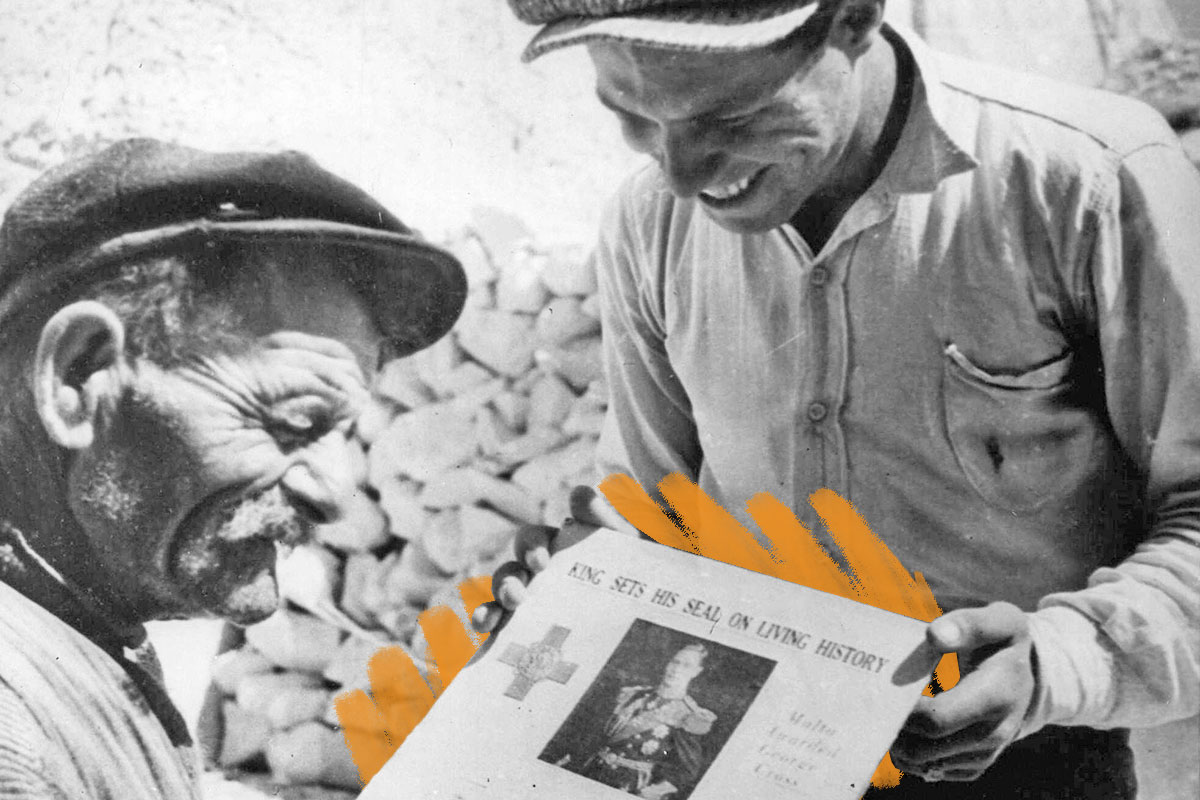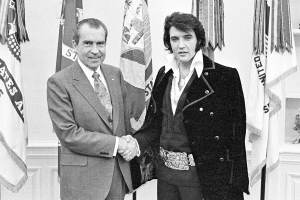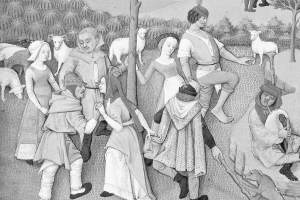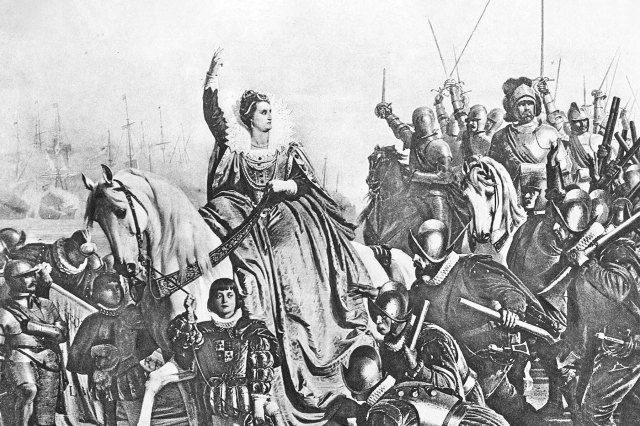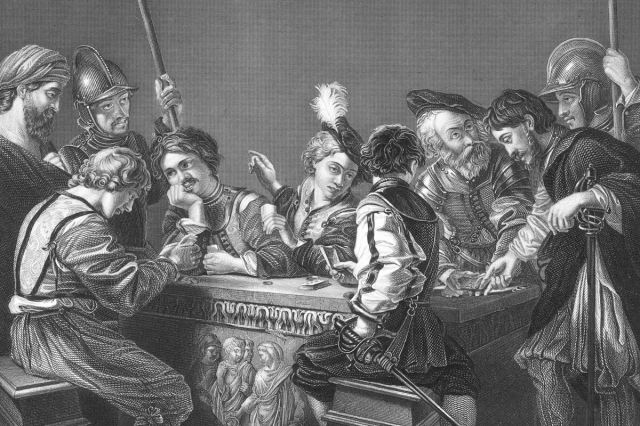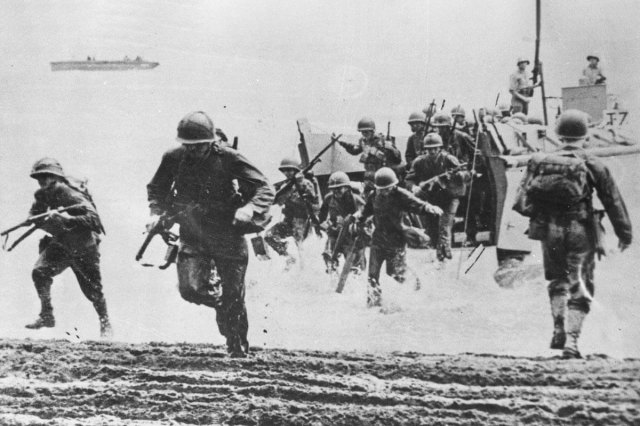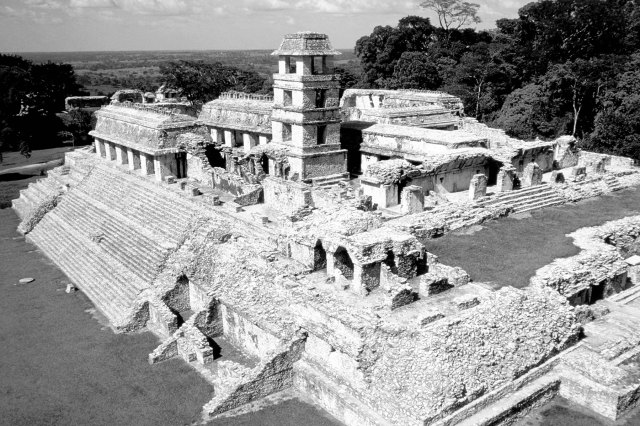The entire country of Malta was awarded a medal during WWII.
Malta is now a Mediterranean tourist haven with beautiful landscapes and famous filming sites, but something more sinister sits hidden below its waters: remnants of military planes, vessels, and bombs left over from the heaviest sustained bombing of World War II. The country’s location at the crossroads of Europe and Africa made it a valuable military base, allowing the Allies to support and resupply their troops in North Africa. It also made Malta a prime Axis target, and its citizens watched their cities turn to rubble as they bore relentless aerial attacks by the German Luftwaffe and Italian Air Force.
The worst bombings began in January 1942 when Adolf Hitler ordered the neutralization of the island nation ahead of a German invasion. For six months, there was only one 24-hour period when bombs did not fall on Malta; the country holds the record for the heaviest sustained bombing during World War II, with a total of 6,700 bombs dropped in 154 days. Still, the Maltese people did not waver in their support for the Allied forces. As food and medical supplies dwindled, residents were forced into underground bunkers to wait out the siege, and poor living conditions led to a typhoid epidemic, scabies, and widespread malnutrition. An estimated 10,000 buildings were damaged or destroyed, including most of the capital city of Valletta. Many residents were evacuated to the center of the main island, but they never surrendered. Amid the bombings, Allied troops managed to launch several pivotal amphibious attacks from Malta into Axis-held territory, including North Africa, Sicily, and mainland Italy. The bombs finally stopped when Axis forces were defeated in North Africa in May 1943.
The bravery of the citizens of Malta, which was a British colony at the time, did not go unnoticed. On April 15, 1942 — amid some of the worst attacks on Malta — Britain’s King George VI awarded the entire country of Malta the George Cross, one of the highest honors for civilian bravery. The king wrote to the governor of Malta, “To honour her brave people I award the George Cross to the Island Fortress of Malta to bear witness to a heroism and devotion that will long be famous in history.” The country gained its independence in 1964, and today, the upper-left corner of its national flag is emblazoned with the symbol of the George Cross, serving as a reminder of this harrowing chapter of its history.





